
OR
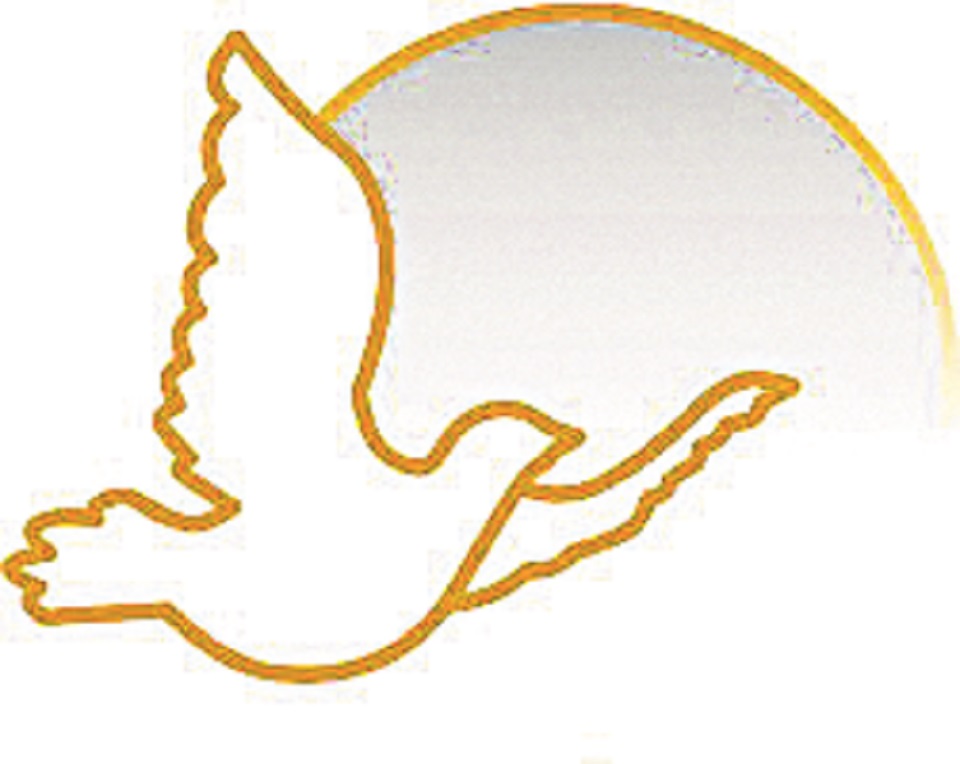

Simone Galimberti
Simone Galimberti is the Co-Founder of ENGAGE, an NGO partnering with youths to promote social inclusion in Nepal.simone_engage@yahoo.com
Recent events show how important it is for the countries in the world to uphold human rights.
We heard about Chinese judiciary sentencing Zhang Zhan, the citizen journalist who had first reported on the spread of Covid-19, to four years in jail. We also heard of a Saudi court slamming a more than five years jail term on human rights activist Loujan al-Hathloul, for the work she carried out to end male’s guardianship and advance women’s rights in Saudi Arabia.
In the Americas, President Daniel Ortega of Nicaragua is pressing on with his agenda of infringing on people’s aspiration before next year’s election.
In India, an 83-year-old ailing Jesuit priest, Stan Swamy, has been mercilessly held in jail for his support for indigenous populations in Jharkhand, a place rich in natural resources but poor in upholding its people’s rights, especially if you belong to vulnerable groups.
In many cases, many Western countries are themselves perpetrators as we read about many cases of police violence and abuses against minority groups like First Nations in Canada and aboriginal people in Australia.
Just last week, the European Union was accused of illegally pushing back thousands of refugees from its external borders, overtly contravening all the humanitarian and international laws.
In the country where I grew up, Italy, there have been disturbing cases of racism and discrimination against migrants that are having hard times because of prejudices and stigmatization they face.
At the same time, Western countries can also be enablers of human rights’ perpetrations. For example, just few weeks ago President Macron of France officially hosted Abdel Fattah el-Sisi, the president of Egypt in a state visit that made it clear that the sale of French arms to Egypt won’t be conditional to any human rights standards.
The Egyptian president has been notorious for installing a police state that systematically jails political dissidents and human rights defenders and media persons, including Al Jazeera journalist Mahmoud Hussein who has been held in an Egyptian prison since December 2016.
Even more shocking was the choice of President Macron to award President el-Sisi with the Legion d’Honneur, the highest award in France.
You can see that there is a deficit in applying and respecting human rights everywhere in the world. In Nepal, the rulings of the National Human Rights Commission have been consistently ignored by the government.
So at a time where the focus has been on climate activism, we should also not forget that human rights should remain a top priority on the global agenda. After all human rights is about everything, including the rights of persons to live a dignified, meaningful existence where equity first and then equality becomes the foundation on which individuals can thrive regardless of their gender, color, faith and disability.
The consequences of climate change are clear threats to the rights of millions of people in Nepal.
The same could be said about disproportionately unequal health and education systems where mostly you are left on your own. Consider the level of discrimination still faced by transgender citizens, Dalits and persons living with disabilities and young women victims of acid and burns attack in Nepal.
We often read stories about their suffering but obviously as external observers we will never ever figure out the pain these citizens, all with full rights as enshrined in the constitutions, are enduring and will endure.
I do not know why governments around the world invest so much of their energies in cracking down on people’s aspirations and rights and on attempts to genuinely report such violations. Right to live free lives and human rights freedoms should be a serious matter for all the countries and their leaders.
They should matter also for politicians as well because engaging and respecting their citizens’ rights would help them do their job better and it would be smart for politicians to recognize the role and the rights of citizens to be part in the efforts to achieve better societies.
The governments should listen to their citizens and admit that ultimately it is the citizens who matter for the system.
In the United States, the outrage of racial discrimination was countered by people’s determination to challenge the status quo. There is still a very long way there but a pathway of collective action has been created and the institutions there are listening.
The power of civil society and citizenry works also in Nepal. It is thanks to them that important decisions have been recently taken in relation to the fight against gender violence.
The country now does not only have a new framework to fight acid and burns violence but also new regulations to severely penalize mediation attempts in case of rape incidents.
This new decade should be an opportunity to rethink and redesign, perhaps even peacefully challenge the ways citizens can better govern rather than being just governed.
That’s why it is important to instill among citizens, especially among youth, the passion and determination to expect a more just, inclusive and better society for all.
We should ensure that they are equipped with the skills and knowledge to propose new ideas and policies, helping forging ahead with a different way of holding the state accountable while reinvigorating the public discourse.
Understanding the importance of human rights is essential in framing this new social contract. Human rights are citizens’ rights and they are the foundation for this new civic renewal. They should be held high on the agenda in words and deeds as well, everywhere.
You May Like This

Call for Restraint to Deepen Nepal-China Ties
Chinese Ambassador to Nepal, Chen Song, has been making headlines in Nepal over the past few days. On September 2,... Read More...
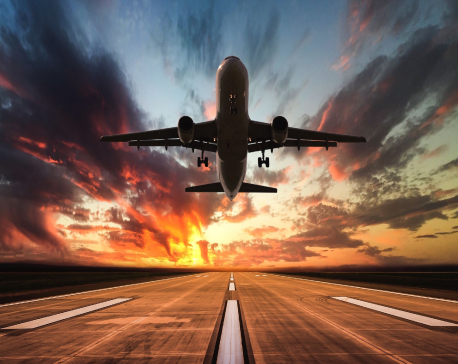
Govt decides to allow one regular flight a week to Qatar, Turkey and China
KATHMANDU, May 28: The government has decided to allow a regular flight each week to China, Qatar and Turkey starting... Read More...
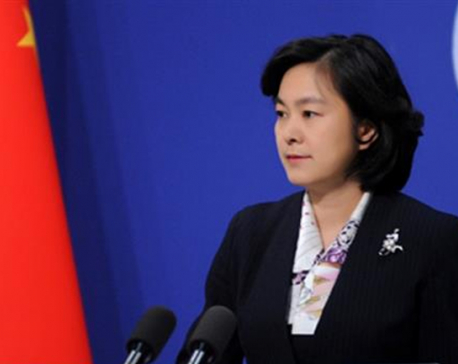
Xi Jinping's Nepal visit not cancelled, says China
BEIJING, Sept 12: Amid reports that a miffed Chinese President Xi Jinping cancelled his maiden visit to Nepal, Beijing on... Read More...
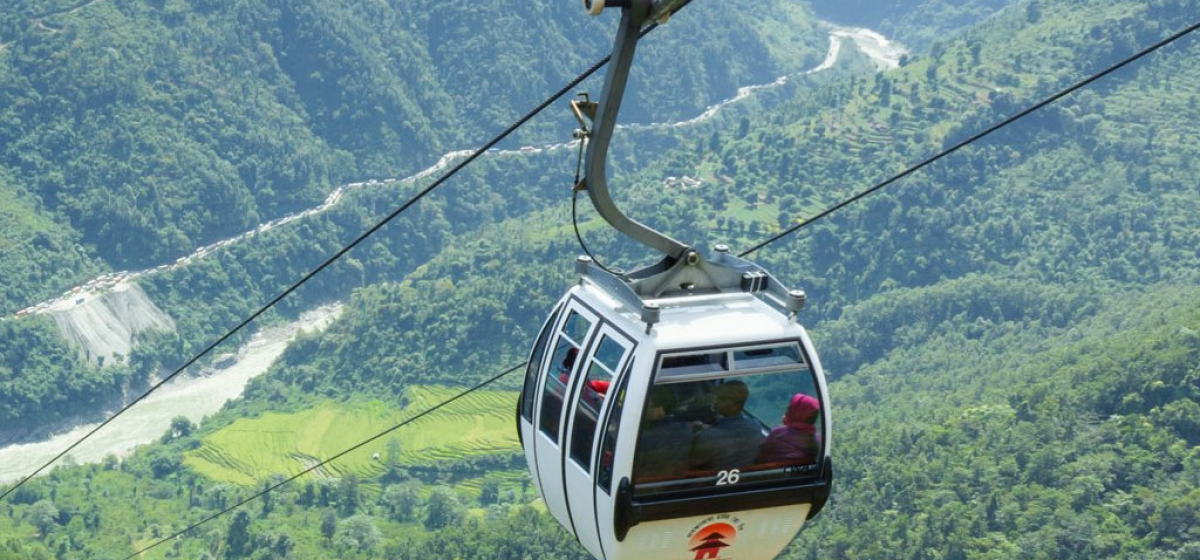

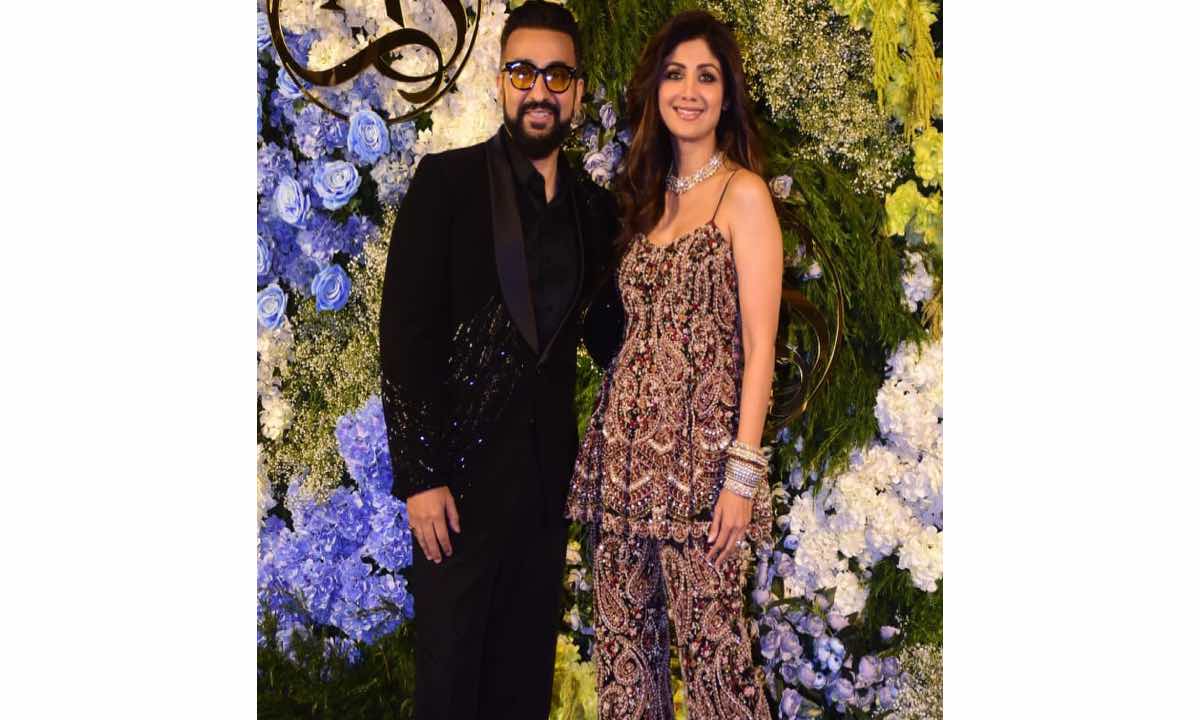
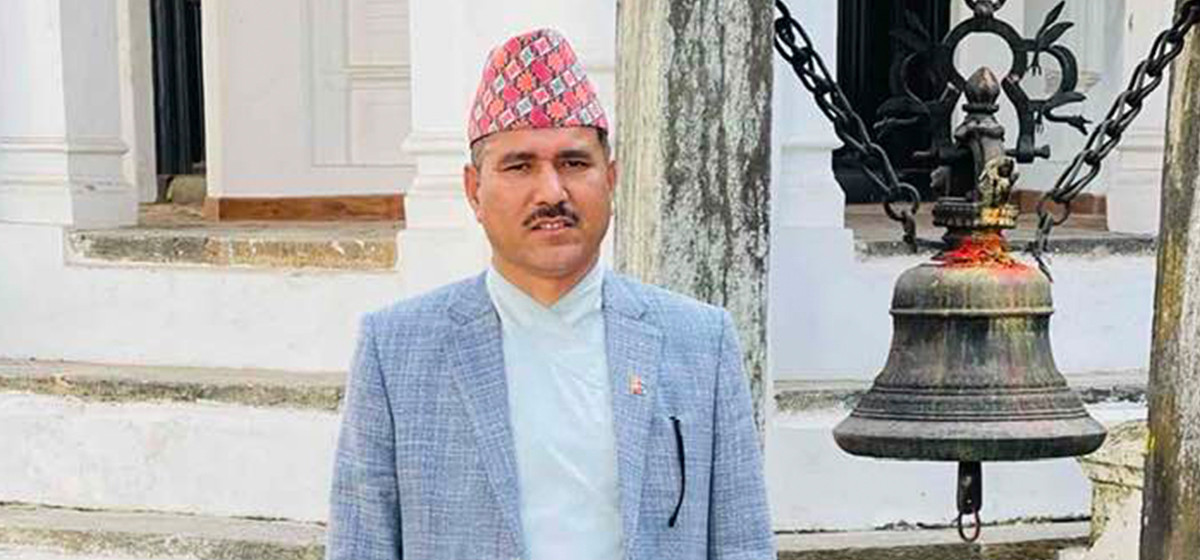
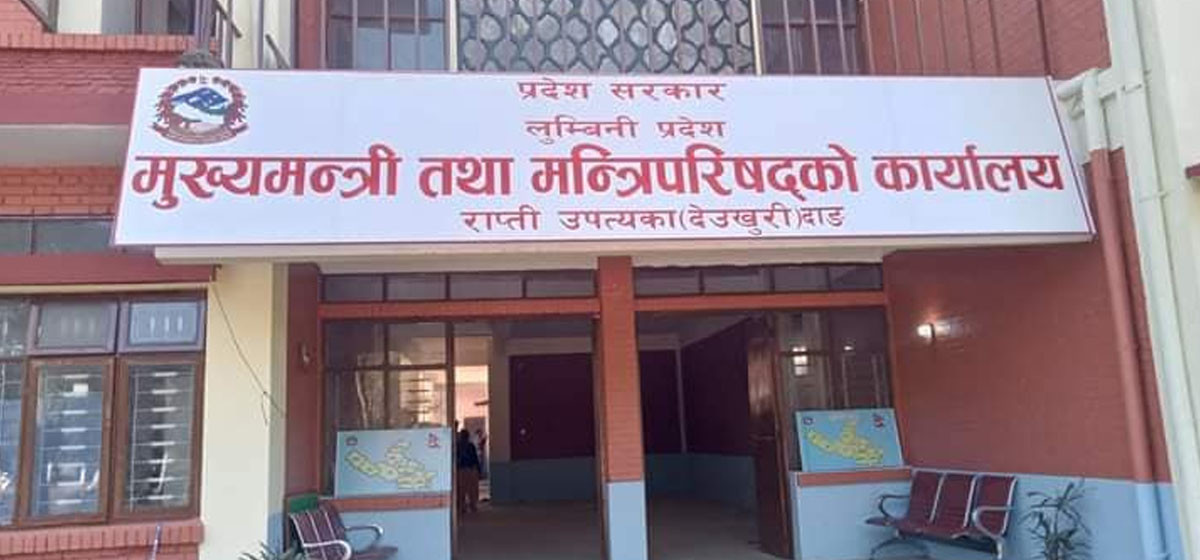
Just In
- NEPSE nosedives 19.56 points; daily turnover falls to Rs 2.09 billion
- Manakamana Cable Car service to remain closed tomorrow
- Nepal govt’s failure to repatriate Nepalis results in their re-recruitment in Russian army
- Sudurpaschim: Unified Socialist leader Sodari stakes claim to CM post
- ED attaches Raj Kundra’s properties worth Rs 97.79 crore in Bitcoin investment fraud case
- Newly-appointed Auditor General Raya takes oath
- CM Mahara expands Cabinet in Lumbini Province
- FinMin Pun addresses V-20 meeting: ‘Nepal plays a minimal role in climate change, so it should get compensation’












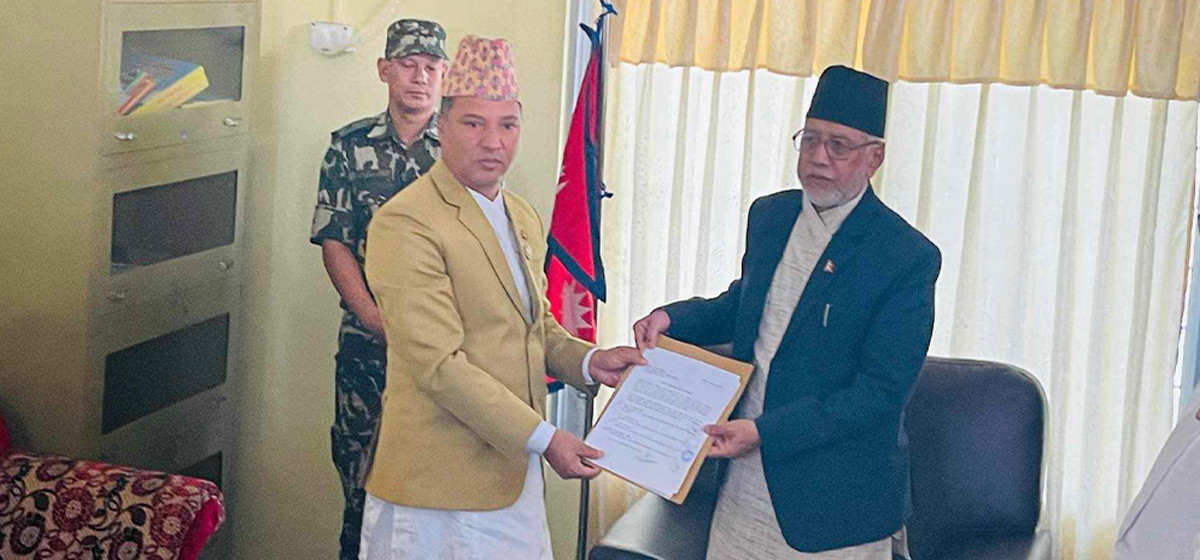
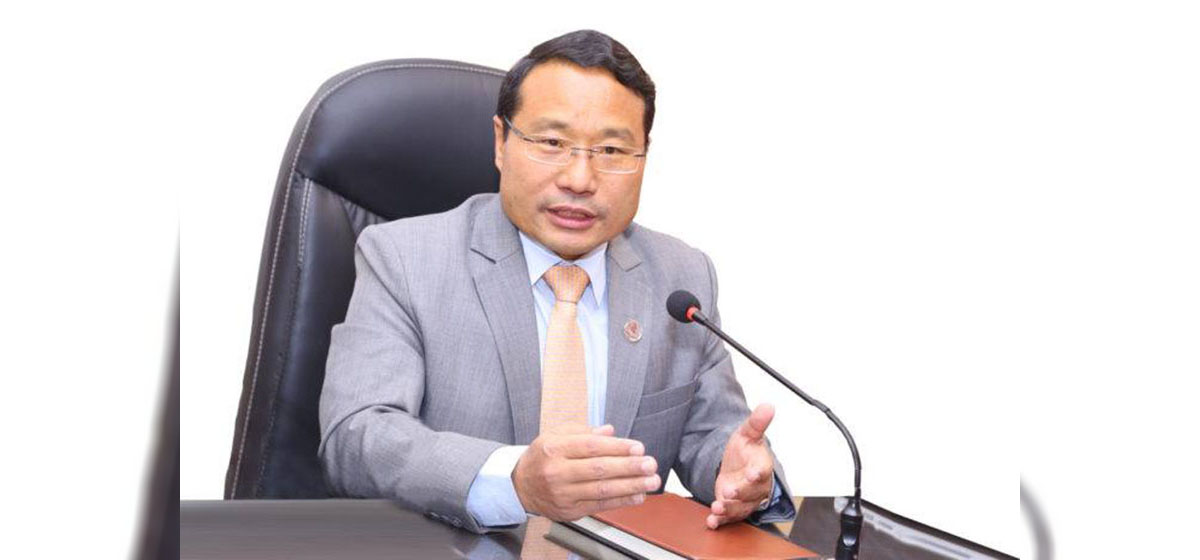
Leave A Comment